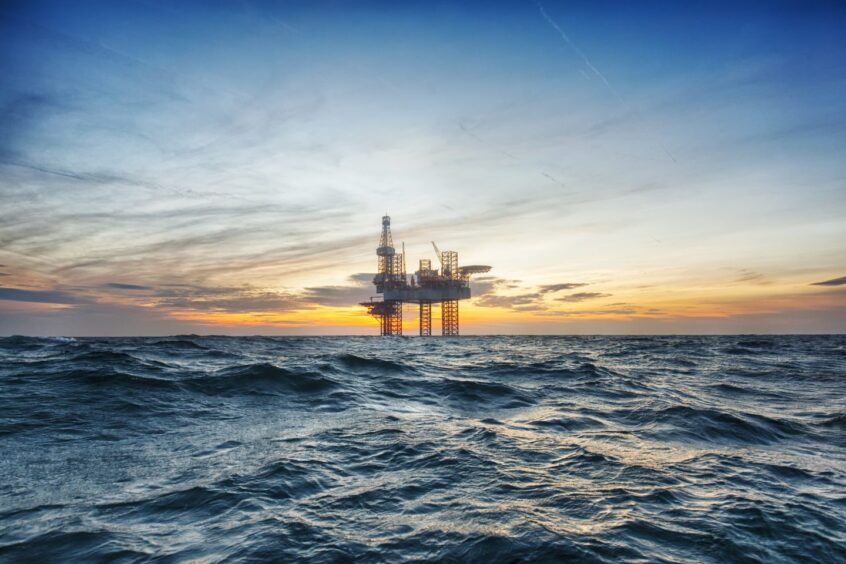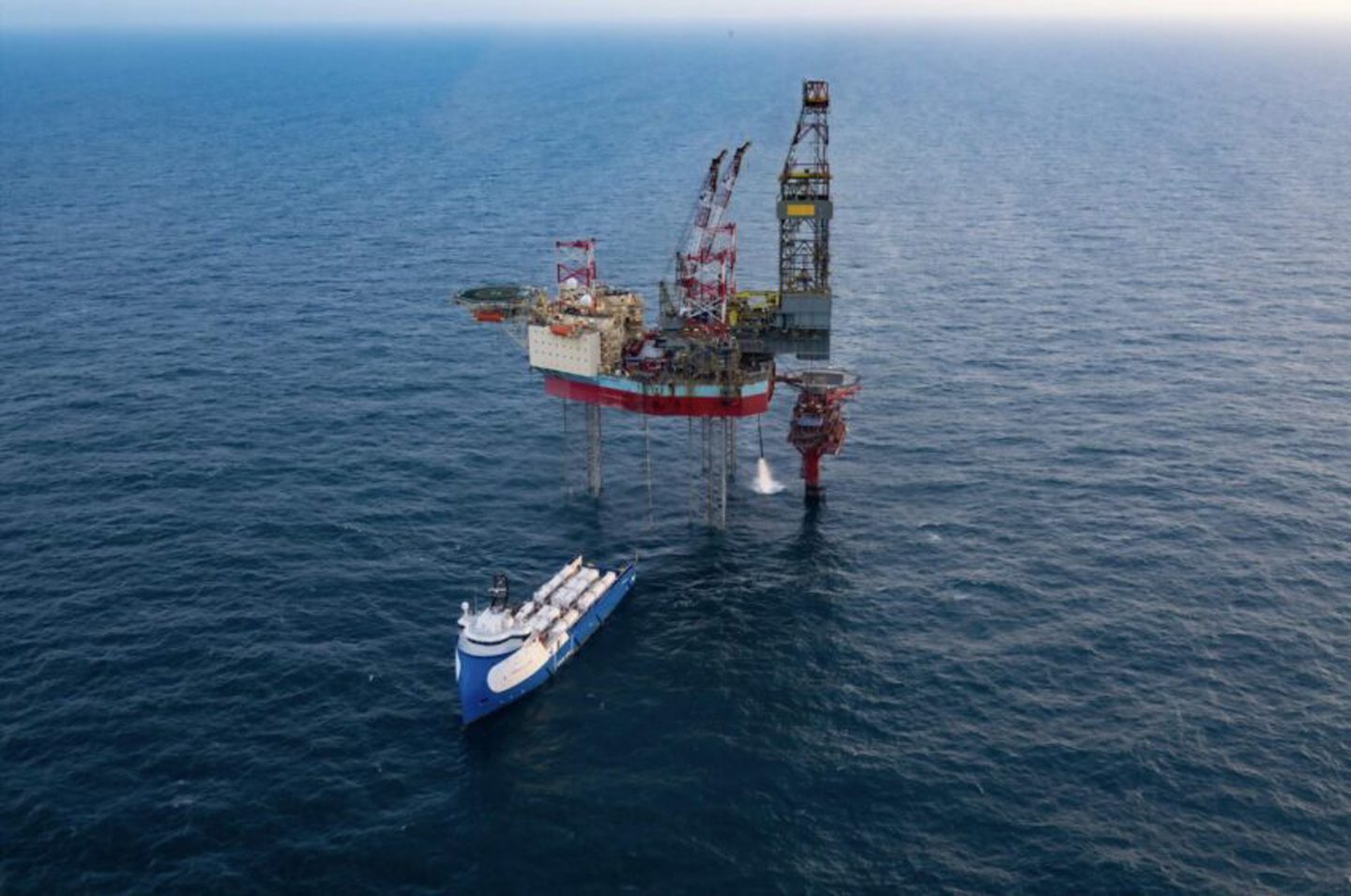
A world first pilot project in Denmark has proven the feasibility of safely storing captured carbon dioxide (CO2) deep beneath the North Sea seabed.
The results, announced today, mark a significant milestone in the fight against climate change.
Project Greensand successfully injected CO2 into a reservoir 1,800 meters below the seabed.
The project is a joint venture involving 23 partners including INEOS Energy and Wintershall Dea (now Harbour Energy).
Testing and verification by independent experts confirmed that injected CO2 remained securely trapped, demonstrating the potential for long-term carbon capture and storage (CCS).
INEOS Energy commercial director Mads Gade said the results are an “important step”.
“We now have documentation that we have a well-functioning storage for CO2 in the North Sea subsoil, where large amounts of CO2 that would otherwise have been emitted into the atmosphere can be safely and permanently stored,”
“We can see that the stored CO2 behaves as expected in the reservoir 1,800 metres below the seabed.
“That confidence gives us a solid foundation to take the next steps that will be crucial for CCS in Denmark”
Denmark offshore CCS
The project’s success builds upon Denmark’s pioneering role in CCS technology.
In March 2023, Project Greensand became the first in the world to store captured CO2 offshore.
INEOS, the leading partner in Project Greensand, has already submitted an application for approval to store up to 400,000 tonnes of CO2 per year in the North Sea by the end of 2025 or early 2026.
The long-term goal is to store up to 8 million tonnes annually.
Gade said Denmark has moved to the “the forefront of CCS in the world” through Greensand.
“We are keen to continue this momentum with an ambition that Greensand will be the first CO2 storage facility in operation in the EU, and we are now awaiting the Danish authorities’ approval of a permanent storage,” Gade said.
“This is an important step, because if Denmark takes just 5% of a future CCS market in Europe, it could mean up to 9,000 jobs, with an economic potential of DKK 50 billion (£5.65bn).”
Beyond offshore storage, Denmark is also exploring the potential for underground CO2 storage on land.
The country has granted exploration licenses for a land-based reservoir in Jutland, where the lessons learned from Project Greensand will be applied.
Other countries pursuing offshore CCS in the North Sea include Norway through Equinor’s Northern Lights project, and the UK.
This week UK energy secretary Ed Miliband proposed the first offshore CCS licences for Track-1 projects HyNet and the East Coast Cluster, but the industry is still awaiting further clarity on funding from the government.
 © Supplied by INEOS
© Supplied by INEOS